CSATS Faculty and Staff
-
Kathleen Hill, PhD
Director
Professor of Science Education
-
Matthew Johnson, PhD
Associate Director
Associate Professor of Science Education
-
Kit Martin, PhD
Assistant Professor of Computer Science
-
Amber Cesare, M.Ed.
Assistant Teaching Professor
-
Jeff Remington, M.Ed.
STEM Outreach Liason
-
Stephanie Klixbull, M.Ed.
Elementary STEM Specialist (K-8)
-
Neharun Nesa, MBA
Administrative Support Assistant
-
Darlene Kolesar
Administrative Support Assistant
-
Tiffany Lewis, M.Ed.
Part-time STEM Education Outreach Specialist
Harrisburg/Hershey region
-
Amanda Smith, M. Ed. (CSATS Affiliate)
Director of K-12 Engagement
Assistant Professor of Education
-
Annmarie Ward, PhD
Emerita Director
Associate Professor of Science Education
-
William Carlsen, PhD
Faculty Affiliate
Professor of Science Education
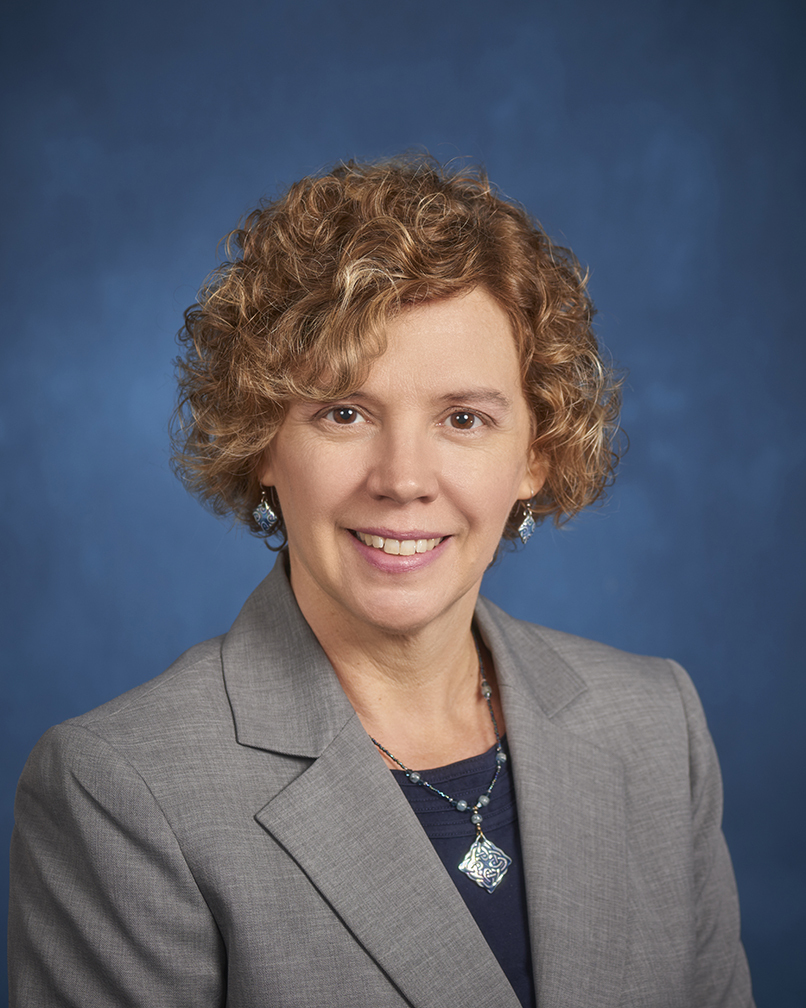
Kathleen Hill, PhD
Director
Professor of Science Education
Email: kathyhill@psu.edu | Phone: 814-863-2275
PhD – Curriculum and Instruction – Science Education, Arizona State University
MS – Environmental Pollution Control, Penn State University
BA – Geological Sciences, Lehigh University
Kathy is a former environmental scientist and science teacher. Kathy’s role at CSATS is to collaborate with scientists and engineers to design and implement STEM education outreach programs that bridge cutting-edge science and engineering research and K-12 classrooms.
Kathy received her B.A. degree in geological sciences from Lehigh University, followed by a M.S. degree in Environmental Pollution Control from Pennsylvania State University. With a move to Phoenix, Arizona, she worked in environmental consulting for 10 years, which involved a wide variety of projects across the desert southwest region. She then transitioned to teaching middle and high school science and served as a teacher leader on the NASA Phoenix Student Internship Program as well as coordinator for a school-wide middle school science and engineering fair. While in Arizona, she received her Ph.D. from Arizona State University in Curriculum and Instruction with an emphasis on science education. She served as an Assistant Professor of Education at Bethany College in West Virginia developing and teaching science and math education courses for preservice teachers. Her research has focused on teachers’ pedagogical content knowledge and specialized content knowledge. Joining CSATS in June 2015, Kathy works with scientists and engineers to design and implement STEM education outreach programs that bridge cutting-edge science and engineering research and K-12 classrooms.
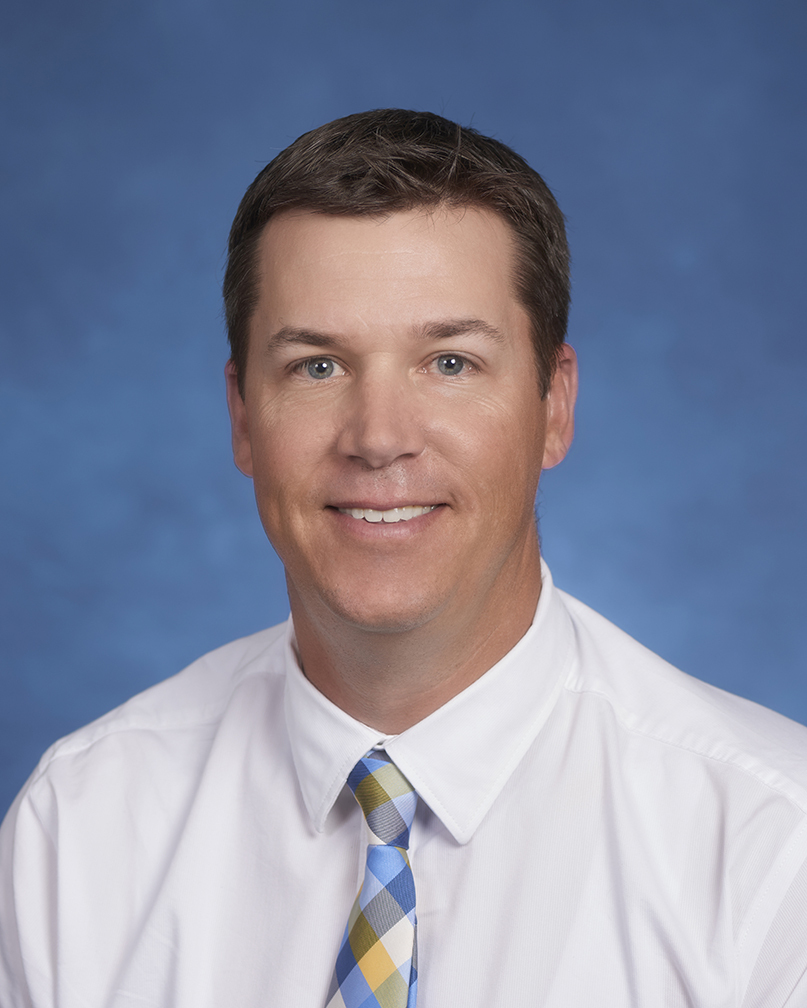
Matthew Johnson, PhD
Associate Director
Associate Professor of Science Education
Email: mmj125@psu.edu | Phone: 814-863-6607
PhD – Curriculum and Instruction – Science Education, Penn State University
M.Ed. – Curriculum and Instruction – Science Education, Penn State University
BS – Education, Clarion University of Pennsylvania
BA - Biology, Mercyhurst University
Matt Johnson is an Associate Professor of Science Education with the Center for Science and the Schools (CSATS). In this role, he collaborates with scientists and engineers to propose and facilitate teacher professional development opportunities for K-12 STEM teachers, often as broader impacts components of research grants. He is also PI of an NSF grant focused on learning how rural teachers learn about engineering through participation in workshops and how they take that new knowledge and adapt it to be relevant for their students. He also leads the development and revision of the online course, The Science of COVID-19.
Prior to his current role, he was a science teacher in a junior/senior high school in rural Pennsylvania. There, he taught 8th grade general science, advanced biology, microbiology, and practical chemistry. He also chaired the science club and was a co-advisor for the Envirothon team. It was through his interactions with teacher professional development opportunities that he became interested in shifting careers to one focused on teacher education.
Matt received a BA in Biology from Mercyhurst College. He then earned a BS in Education from Clarion University of PA. As a teacher, he earned an MEd in Science Education from Penn State and after starting work at CSATS, he earned a PhD in Science Education. His research interests include better understanding how teachers learn and participate in the practices of scientists and engineers in professional learning experiences and how those experiences affect their teaching.
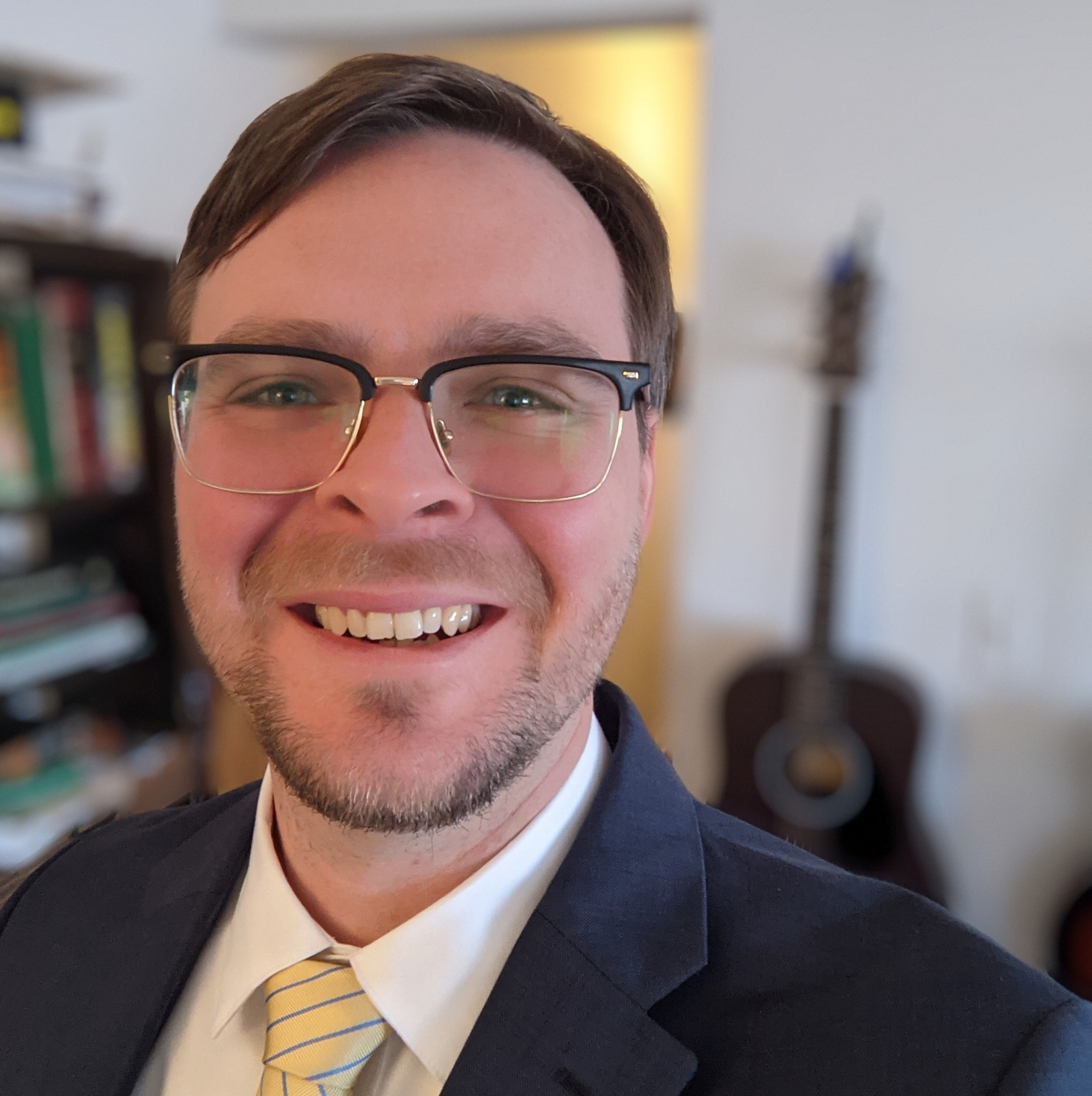
Kit Martin, PhD
Assistant Professor of Computer Science
Email: kitmartin@psu.edu | Phone: 814-865-3525
PhD - Learning Sciences, Northwestern University
MDP - Poverty Reduction and Quantitative and Qualitative Methods in International Development, University of Minnesota
BA - History, Bard College
My research into self-direction through digital media uses design to bring powerful moments both in museums and online to change how people learn. I use the lenses of constructionist learning, and the creation of restructurations that lower the barriers of entry through agent-based models to reform and improve education. I envision a future where every student is able to understand a Lotka-Volterra, predator prey, differential equation and how simple ants can self-organize large societies. These mental models are key to coming to grips with key global issues, such as climate change or income inequality. If students construct their own understanding of these issues, they will be the architects of their own knowledge and design their understanding of the world. AI powered learning analytics are a powerful means of reaching this future by tracking the best means of developing self-directed learning environments. Through developing cutting-edge learning environments, iterative user-centered design research, and developing novel learning analytics, I develop methods to assess cognitive and affective engagement with learning environments, and improve outcomes.
My research works to demonstrate the connection between affect and learning through AI. Using my advanced methodological training in the IES Multidisciplinary Program in Education Sciences program, the Northwestern Cognitive Science Certificate, and at the Center for Connected Learning and Computer Based Modeling (CCL), my research is threefold: First, I developed a thinking and learning intervention, the agent-based modeling simulation Ant Adaptation (Martin and Wilensky, 2019). I showed that the intervention can shift people's schemas from a process schema to emergent schema during 10-minute museum interactions (Martin, Horn, and Wilensky, 2019). Second, in order to track that conceptual change common in agent-based modeling interventions, I developed a novel form of concept mapping, constructivist dialogue mapping (CDM) (Martin, Horn, and Wilensky, 2020), which is particularly useful as a learning analytic. Through CDM, I analyze participants’ spoken elaborations in small subsets to study how people develop their understanding of a system or museum exhibit over time (Martin and Wilensky, 2020). Third, through video analysis, I developed a method of affect detection to identify how participants are engaged across 45 facial action units. I map those emotions to moments of learning using AI/ML methods of detection and the prior literature (Martin, Wang, Bain and Worsley, 2019). Because the data source is video, the method has outsized potential for scale to predict unseen data. In short, in my work I have applied advanced methods to the design and evaluation of educational interventions.
I have a strong background in building and incorporating agent-based simulations for learning. Throughout my graduate career, I have worked at the Center for Connected Learning and Computer Based Modeling (CCL), developing modeling and simulation tools for learning with Dr. Wilensky. In particular, we develop NetLogo, the gold standard agent-based modeling environment for learners around the world. In my dissertation work, I married biology and computer science to teach the emergent principles of ant colonies foraging for food and expanding. The work builds on more than a decade of experience as an agent-based modeler: for example, when I received the IBM Watson fellowship in 2008, I travelled to Brazil, Senegal, Jordan and Tanzania to develop agent-based models after field observations of ant colonies. Building on that research, I worked at Vanderbilt University, co-developing a year-long, blocks-based, ant learning environment for 8th grade (Martin, Pierson, and Sengupta, 2018). We used this environment to teach 140 8th graders both programming and biology at once with the reflexive teaching methodology (Sengupta et al., 2015). Once in Chicago, I developed Ant Adaptation. I studied endemic violence using an ABM, and published a paper in ICCs (Martin and Sengupta, 2020). I co-design agent-based models with educators. For the first, I developed an integrated agent-based modeling environment for the Center for Science and the Schools (CSATS) at Penn State that teaches about Covid-19. For the rest of the models, I worked with three teachers at Utah State to develop models of interest for their middle school classrooms. Over a four-week period we developed models of sound propagation in a medium, agriculture infestation, and earthquakes. Through careful co-design with teachers we made more contextually aligned digitally augmented curricula. At the NSF funded Theory Building grant, our ongoing interviews demonstrate that these environments can lower the barriers to students’ scientific reasoning and theory building. This approach to improving STEAM education has ongoing potential.
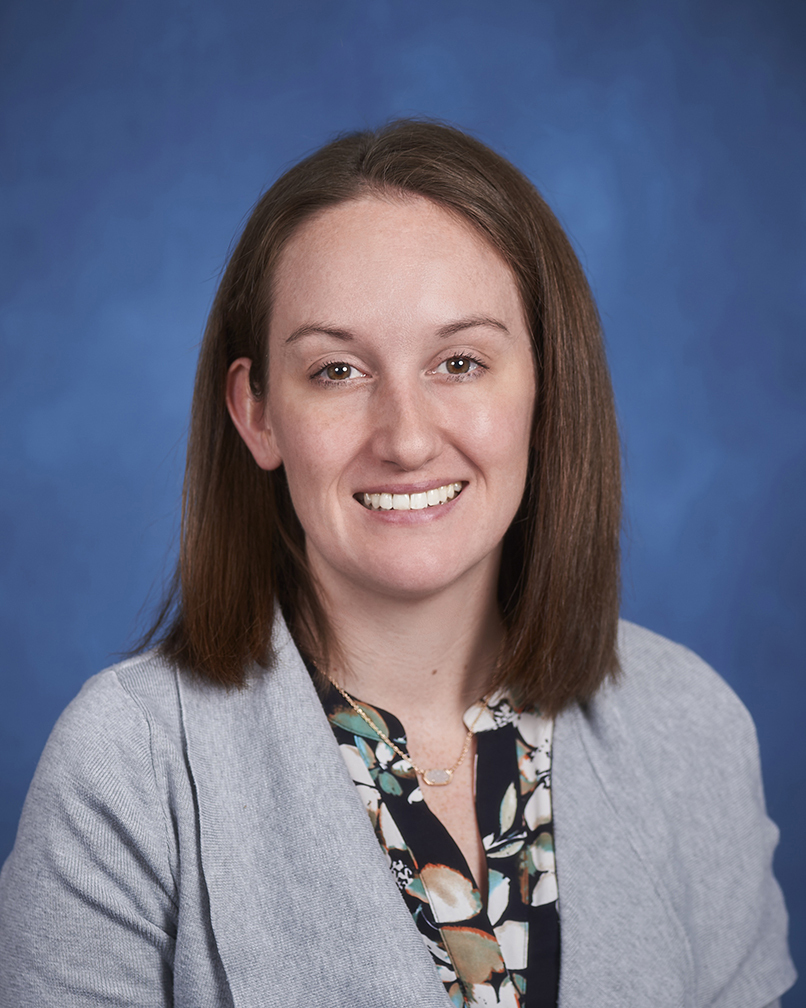
Amber Cesare, M.Ed.
Assistant Teaching Professor
Email: ams5306@psu.edu | Phone: 814-867-1323
MS - Secondary Science Education, Duquesne University
BS - Biology with Honors, Penn State University
Amber is a former high school science teacher. During her five years teaching, Amber worked for two different STEM magnet schools to teach Honors Biology, Physical Science, and Marine Science. While teaching, she started the first 3D printing lab for one of the high schools she worked at. Amber is passionate about bringing modeling into the science classroom, so she frequently collaborated with the Milwaukee School of Engineering’s Center for Boimolecular Modeling to pilot new instructional materials in her classroom. She also lead professional development workshops within her district and at local conferences for secondary science educators. At CSATS, Amber works with science and engineering faculty to develop and implement teacher professional development for secondary educators. She also works to build relationships with school divisions to better support science education and enhance professional development opportunities for teachers.
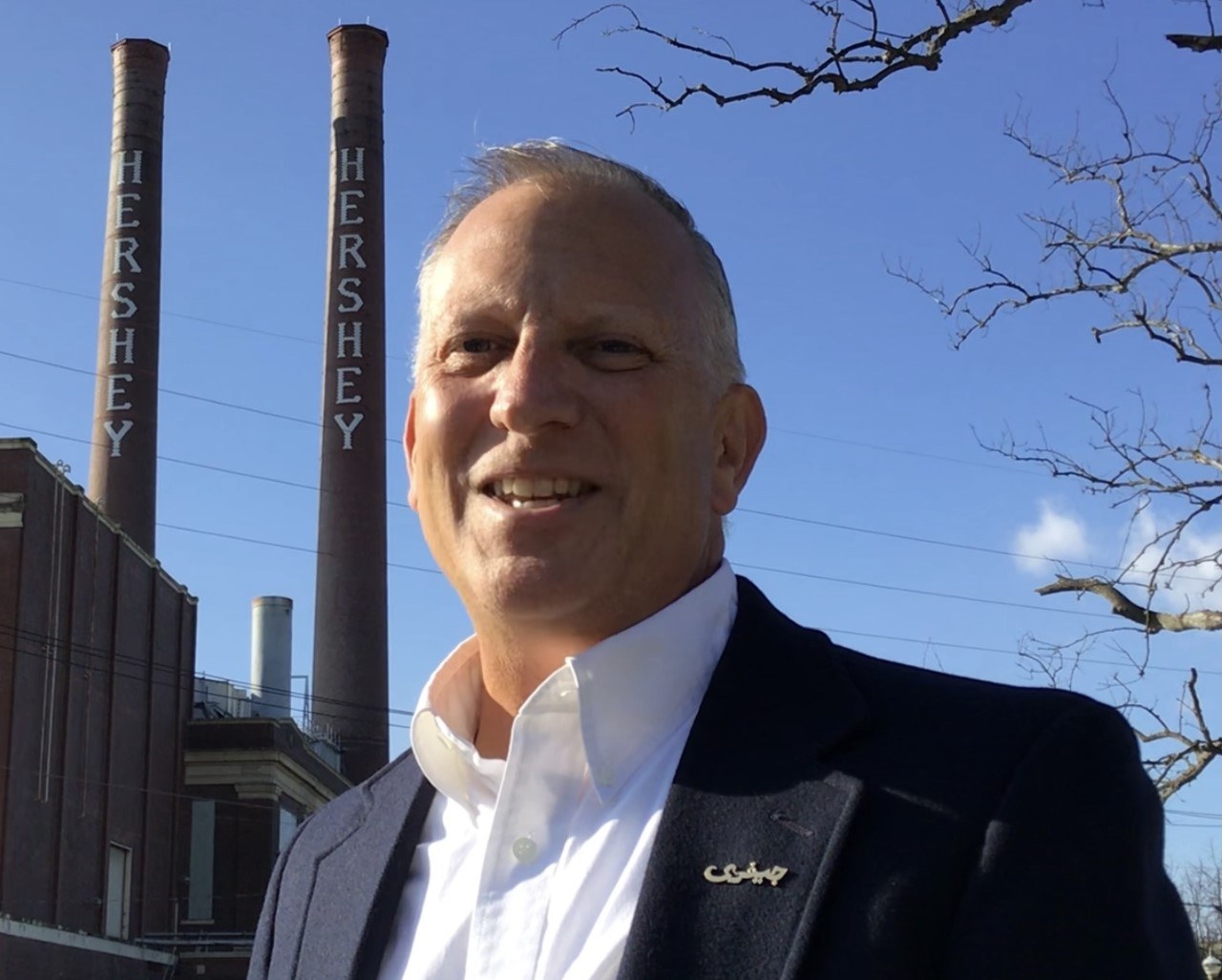
Jeff Remington, M.Ed.
STEM Outreach Liason
Email: jxr286@psu.edu | Phone: 814-865-1713
M.Ed. – Adult Training and Development, Penn State University
BS - Secondary Biology and Science Education, Indiana University of Pennsylvania
Jeff retired with thirty-five years of secondary classroom STEM teaching experience in the Palmyra School District as well as twenty-five years of experience as an adjunct in both the graduate and undergraduate STEM Education programs at Lebanon Valley College. He sees his current work with Penn State’s Center for Science and the Schools (CSATS) as an opportunity to share his passion, classroom career experiences, and wisdom with a highly respected STEM Education leader.
For decades, Jeff has used his role as a STEM teacher trainer and consultant around the world to transform educational systems for resource-challenged countries like Haiti as well as resource-rich countries such as the United Arab Emirates. Jeff strives to move classroom STEM experiences from siloed and contrived to authentic, innovative, and transdisciplinary with the vital embedded thread of workforce development.
As one of ten National STEM Teacher Ambassadors (National Science Teaching Association / National Council of Math Teachers), Jeff has helped to inform and transform STEM policy at national, state, and local levels. He is most noted for his grassroots efforts to reimagine how STEM could be taught in Pennsylvania through revising the 2002 PA Science, Technology, Engineering, Environment, and Ecology Academic Standards. Jeff was the only practicing teacher who served on both the steering and content committees for the newly revised standards.
As an adjunct at Lebanon Valley College, Jeff was the recipient of the prestigious Nevelyn J. Knisley Faculty Award for Inspirational Teaching. As a classroom teacher, Jeff has received numerous local awards. At the national level, Jeff received the Paul DeHart Hurd Award for exemplary teaching performance and leadership in middle-level science education as well as the Presidential Award for Excellence in Mathematics and Science Teaching (PAEMST). At the international level, Jeff was a 2020 Top Fifty Finalist for the million-dollar Varkey Foundation’s Global Teacher Prize selected from a field of over twelve thousand nominated teachers around the world.
At CSATS, Jeff’s role as a STEM Outreach Liaison will be to tell the story of the amazing value and broader impact that Penn State researchers and CSATS brings to Pennsylvania and beyond. In that role, Jeff will help build synergistic relationships between multisector stakeholders to help make STEM Education, the best it can be.
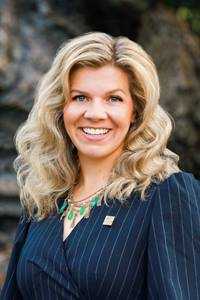
Stephanie Klixbull, M.Ed.
Elementary STEM Specialist (K-8)
Email: stephanie.klixbull@psu.edu | Phone: 814-865-1181
BS - Elementary Education - Music & Special Education - University of Northern Colorado
M. Ed. STEM Education - Citadel College
Stephanie Klixbull is an elementary educator who has spent the past nine years in the classroom, educating students in science, math, and engineering. She started her career teaching science as a Performing Educator at the Denver Museum of Nature and Science. Stephanie then moved to a formal education setting by teaching science and math for fourth and fifth grade students in Berkeley County School District in South Carolina. In 2017-2021, Stephanie taught a special STEAM class called IDEA Lab to students in preschool through fifth grade at Pinewood Preparatory School in Summerville, South Carolina. At Pinewood, Stephanie was the elementary coach for robotics and the technology instructor. She was also the creator and program director of the school’s hydroponic lab. Where students received a farm to table experience by donating grown lab vegetables to the school’s cafetera for implementation of healthy lunch options.
In 2018, Stephanie received the Max E. Lundquest Outstanding Young STEM Educator Award from the International STEM Educator Association for her work in early childhood STEM curriculum. She was also awarded as the state’s Teacher of the Year from the state of South Carolina Independent Schools Association, 2019. Recently, Stephanie completed a national fellowship through the Department of Energy in Washington D.C. as a Albert Einstein Distinguished Educator Fellow, 2021-2022. Stephanie was placed with the Department of Defense at Carderock Naval Surface Warfare Center. During her fellowship, Stephanie developed hands-on elementary science lessons and directed educator professional development relative to DoD STEM careers and the realistic engineering solutions centered around the Navy. As a national educator fellow, Stephanie also contributed to initiating collaborations and partnerships among federal agencies about STEM education.
Throughout her career, Stephanie has been an advocate for STEM education and feels STEM experiences should be encouraged at every age including early childhood. Stephanie knows that tinkering is a great way to promote fine-motor and critical thinking skills for young learners, some of the fundamental skills in STEM education. Stephanie is also an advocate of promoting STEM education for students with learning disabilities. Stephanie struggled as a child in school due to her own learning disabilities. However as a young learner, Stephanie’s resource teachers helped promote her love for learning with hands-on science activities. Stephanie believes that her passion for STEM education and enthusiasm for learning derives from her own early childhood experiences. Stephanie also volunteers and is a board member at Charis Academy in South Carolina, an academic school designed for children on the spectrum.
At CSATS, Stephanie works with science and engineering faculty to develop and implement professional development opportunities for elementary educators. Stephanie is thrilled to also be contributing to build relationships with school divisions to support elementary science practices and enhance professional development opportunities for all teachers.
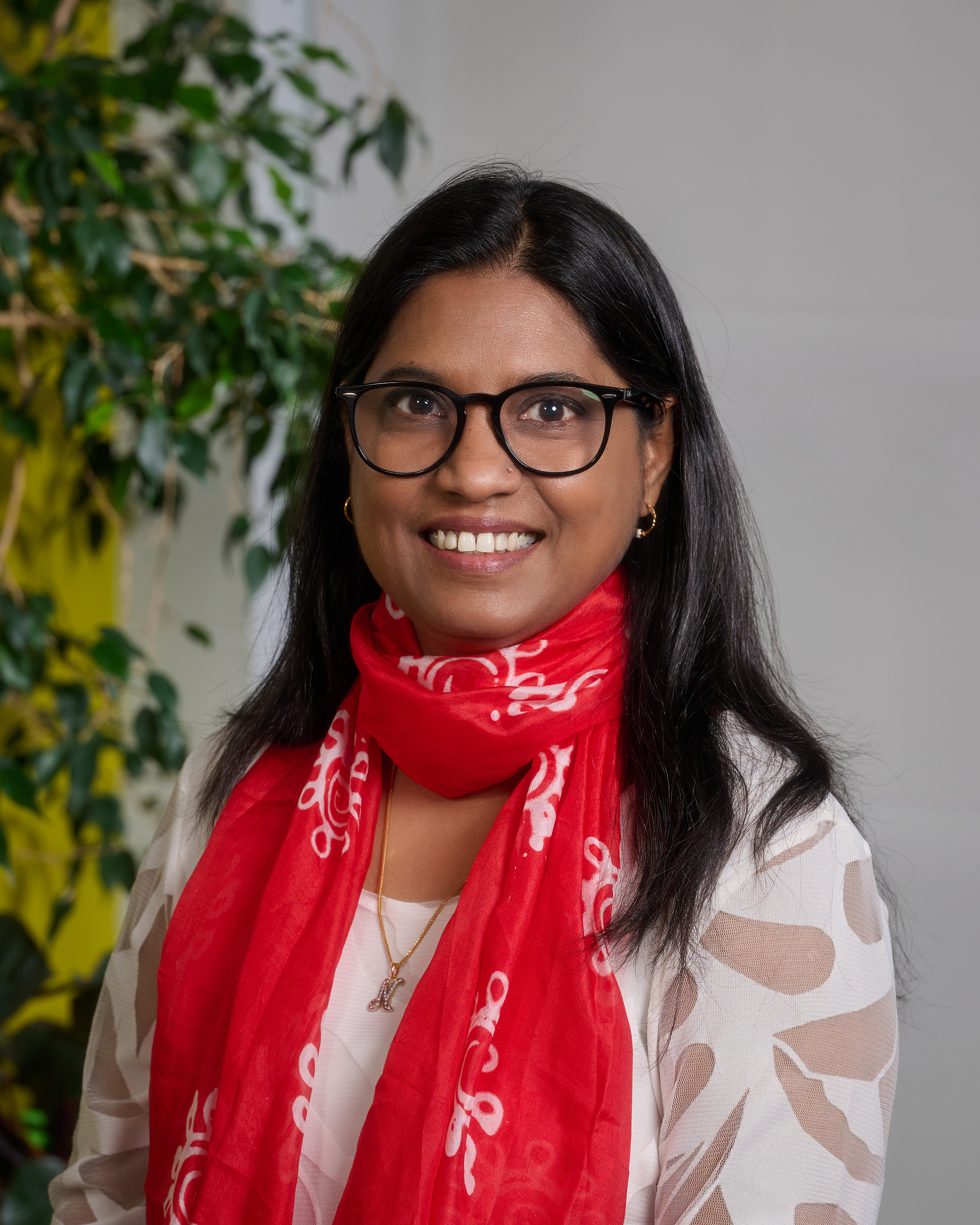
Neharun Nesa, MBA
Administrative Support Assistant
Email: nzn5206@psu.edu | Phone: 814-867-3183
Masters of Business Administration (MBA) Heriot-Watt University, Edinburgh Business School, UK
Neharun provides support for various accounting and related office tasks including the reconciliation of credit card transactions. She maintains the general office budget, assembles travel expenses and receipts, reconciles expenditures, and enter travel reimbursement in SAP Concur; and prepares and processes various financial reports in the System for Integrated Management, Budgeting, and Accounting (SIMBA). Neharun provides hiring efforts in the office including coordinating interviews, arranging schedules, and communicating with candidates, stakeholders, and hiring committee members.
She performs a wide range of complex and confidential administrative duties including office management, book room(25Live), customer service, data processing, information preparation, file maintenance, records management, and communications. She monitors multiple budgets-tracking expenditures; works directly with faculty on all aspects of research grants and contracts administration, including pre and post award activities.
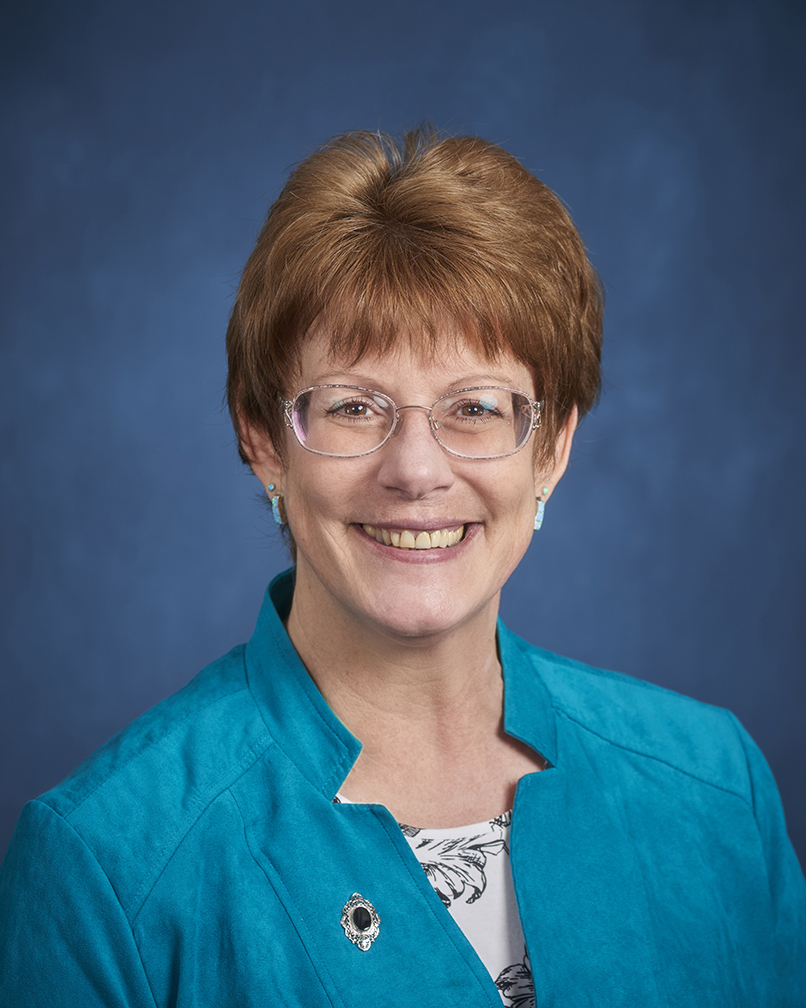
Darlene Kolesar
Administrative Support Assistant
Email: dmm70@psu.edu | Phone: 814-865-3525
Darlene serves as the Center’s administrative assistant and is accountable for a number of organizational and clerical duties that are essential to run the center. She works independently performing a wide range of complex and confidential administrative duties including office management, customer service, data processing, information preparation, file maintenance, records management, and communications. She monitors multiple budgets-tracking expenditures; works directly with faculty on all aspects of research grants and contracts administration, including pre and post award activities; and processes academic, staff, and graduate appointments.
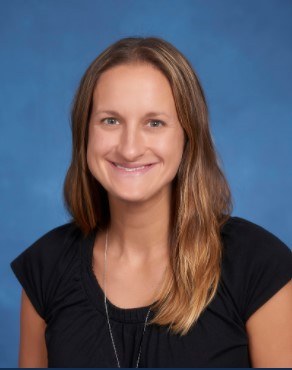
Tiffany Lewis, M.Ed.
Part-time STEM Education Outreach Specialist
Harrisburg/Hershey region
Email: tzs80@psu.edu | Phone:
M. Ed. - Curriculum and Instruction, Penn State University
Teaching Certification – Secondary Education, West Chester University
BS – Environmental Science, Albright College
Tiffany is a high school science teacher and part-time STEM Educational Outreach Specialist for CSATS. In her eight years of teaching, she has taught multiple levels of Biology, 9th grade General Science, and Forensics. She has led building-level professional development sessions and presented at various educational conferences on incorporating research projects in the classroom and using learning management systems. Tiffany’s main interest lies in helping teachers break down the walls of the traditional classroom by engaging students in the practices of scientists and engineers through authentic research. Her role at CSATS is to work with research faculty at Penn State Harrisburg, Hershey, and University Park to bring current research to the classroom by developing content-specific professional development for teachers. She also engages in building relationships with school districts in the greater Harrisburg area to better support science education.
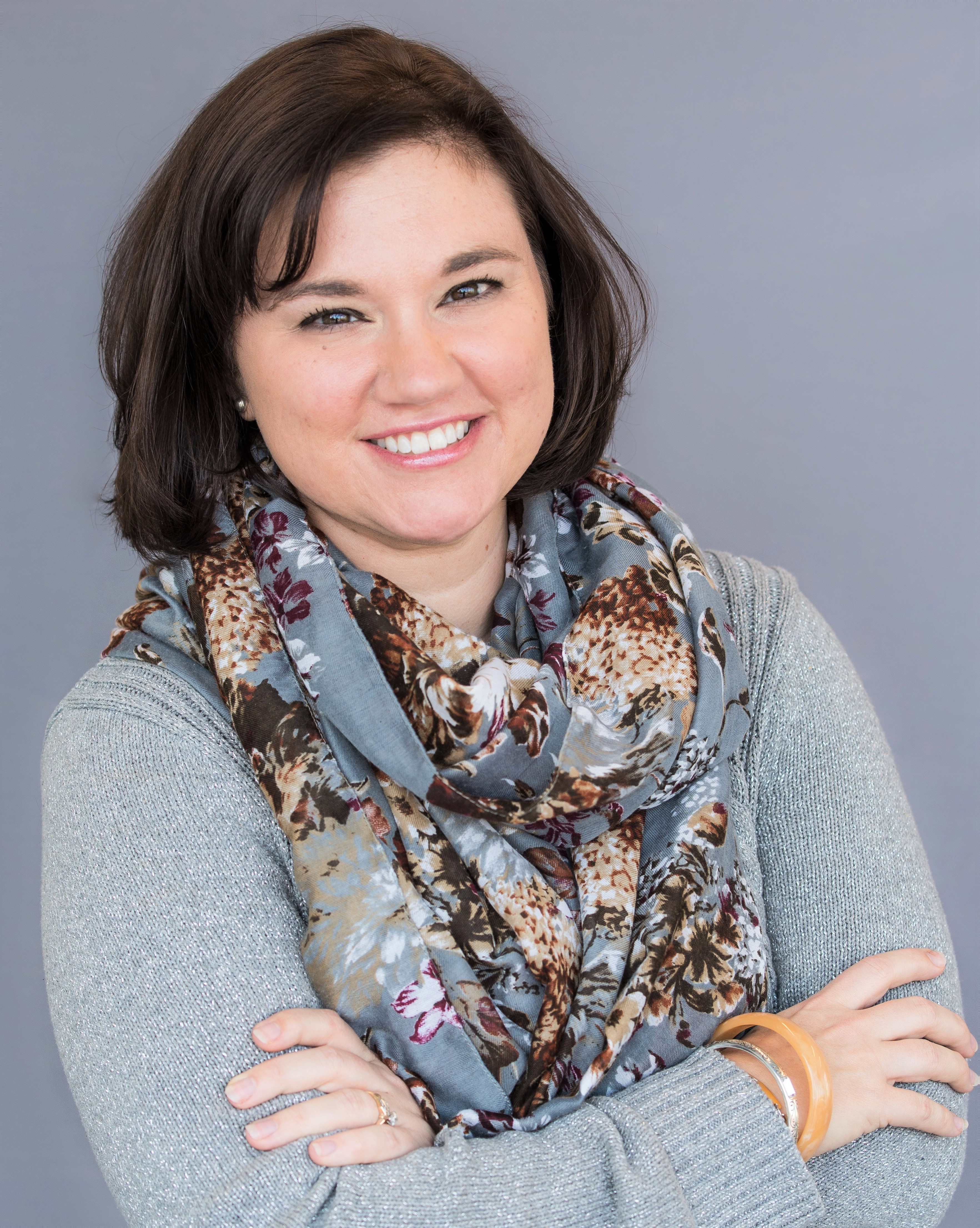
Amanda Smith, M. Ed. (CSATS Affiliate)
Director of K-12 Engagement
Assistant Professor of Education
Email: ajs398@psu.edu | Phone: 814-867-3183
PhD - Education Leadership (in progress), Penn State University
MS – Education Leadership, George Mason University
K-12 Administrative certification, George Mason University
BS – Biology/Ecology, Penn State University
Amanda is the Director of K-12 Engagement at Penn State University. She serves to support effective engagement with Penn State and all of its resources to serve the needs and vision of K-12 and community. Due to her outreach work, she has co-developed a nationally recognized STEM Learning Ecosystem across a 12 county region called ENGINE of Central PA and serves as the Executive Director. She has built a public database, Navigate Education in Pennsylvania, to help stakeholders search education entities through a variety of criteria, which heavily supports partnership development with Penn State and research grant collaborations. She is also the Penn State representative for 100kin10, a national organization involving higher education, industry, foundations and other stakeholders to address the grand challenges in STEM from preK-12 education through the STEM workforce.
Prior to her current role, she was the Outreach Liaison for Penn State Center for Science and the Schools and continues to support CSATS. She also spent 8 years in Loudoun County Public Schools in Northern Virginia teaching honors and AP biology as well as an Independent Science Research course, where she also received the 2007 Teacher of the Year award from the Tourette Syndrome Association. Amanda has many outreach professional opportunities such as participating in the Zero Gravity Flight program sponsored by Northrop Grumman and leading a student/adult group on an ecological science trip to Costa Rica.
Amanda received a B.S. in Biology and Science Education at Penn State University in 2005. During her teaching career, she earned an MEd in Education Leadership with a K-12 administration certification from George Mason University in 2009. Amanda is currently working on her PhD at Penn State with a focus on STEM education/industry partnerships and their influence on the K-12 education system.
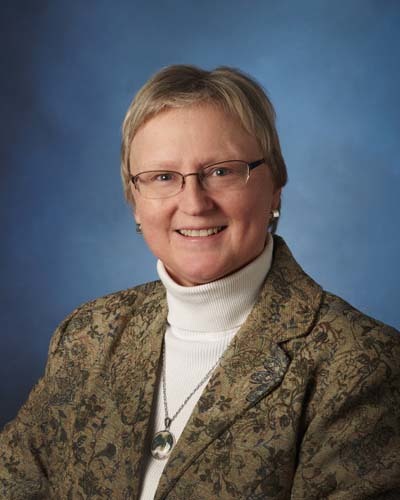
Annmarie Ward, PhD
Emerita Director
Associate Professor of Science Education
Email: arw192@psu.edu | Phone:
PhD – Curriculum and Instruction – Science Education, Penn State University
MS (PhD, ABD) – Cellular and Developmental Biology, Harvard University
BS - Botany, Duke University
Annmarie is a former scientist and science teacher. She works closely with scientists, engineers, and K-12 educators to design and implement innovative outreach projects incorporating reform-oriented science teaching practices. Her research interests focus on teacher science content learning and its relationship to inquiry-based teaching.
Annmarie received her B.S. degree in Botany from Duke University, followed by a Master’s degree (Ph.D., ABD) in Cellular and Developmental Biology from Harvard University. After working as a researcher at the U. Mass. Medical Center and later the Idaho National Laboratory, she changed careers to teach middle and high school life science, biology and physical science and achieved National Board Certification in Adolescence & Young Adulthood Science. She also served as Science Curriculum Coordinator for a large Idaho school district, and Adjunct Professor of Education at Idaho State University, teaching introductory teaching and learning theory. After moving to the State College area, she received her Ph.D. degree from Penn State University in Curriculum and Instruction, with a Science Education focus. In addition to running the day-to-day operations of the Center, Annmarie has been a key player working collaboratively with scientists and engineers and K-12 educators to design and implement numerous K-12 education outreach projects incorporating reform-oriented science teaching practices. She also collaborates with other science education and science and engineering faculty to develop and teach specialized content courses for preservice K-8 teachers at Penn State. Her research interests focus on teacher science content learning and its relationship to inquiry-based teaching.
Annmarie retired as Director of CSATS in December 2017.
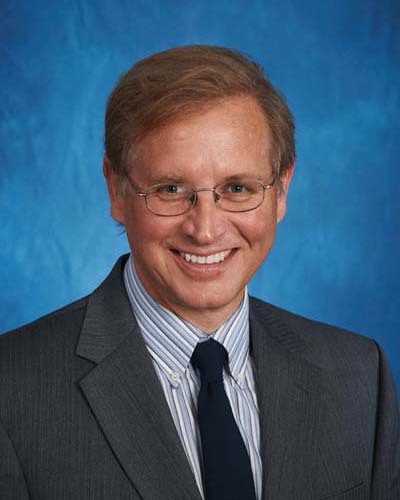
William Carlsen, PhD
Faculty Affiliate
Professor of Science Education
Email: wcarlsen@psu.edu | Phone: 814-865-5664
PhD – Curriculum & Teacher Education, Engineering Minor, Stanford University
BA – Biological Sciences, Dartmouth College
Bill is a former science teacher with training in biology, education, and computer science. Bill has served as principal investigator on many professional development and curriculum projects funded by NSF and other agencies. His research interests include teacher knowledge, environmental education, and instructional technologies.
Bill was the founding director of CSATS. Bill and his wife, Cynthia Berger, recently completed a year-long voyage traveling The Great Loop on a hybrid solar-electric canal boat.
